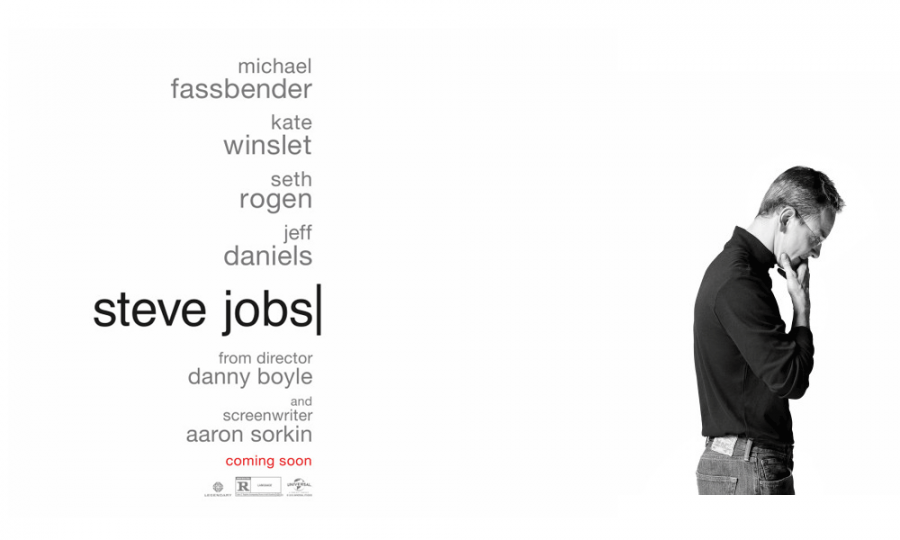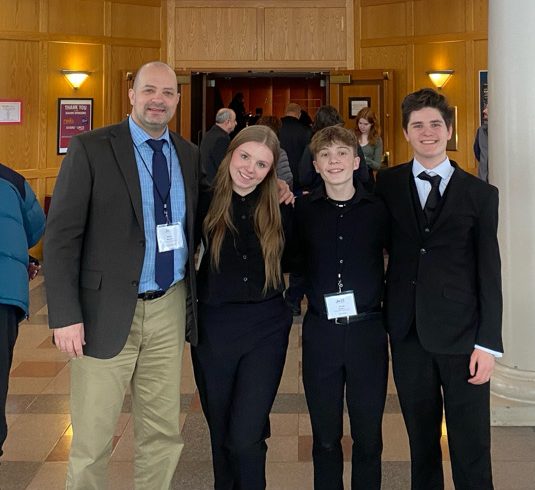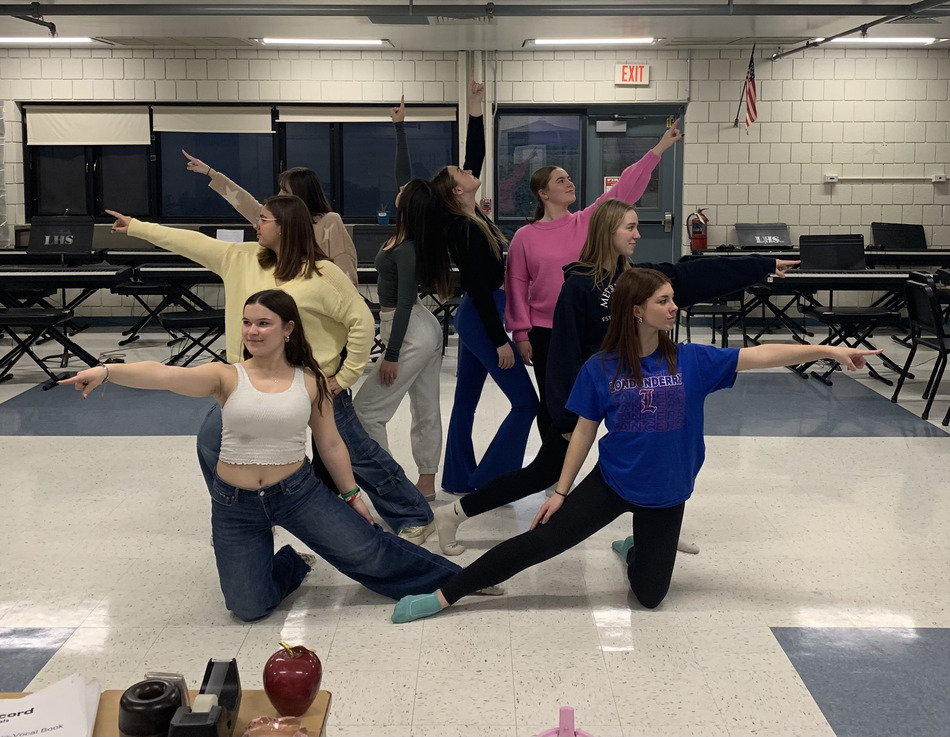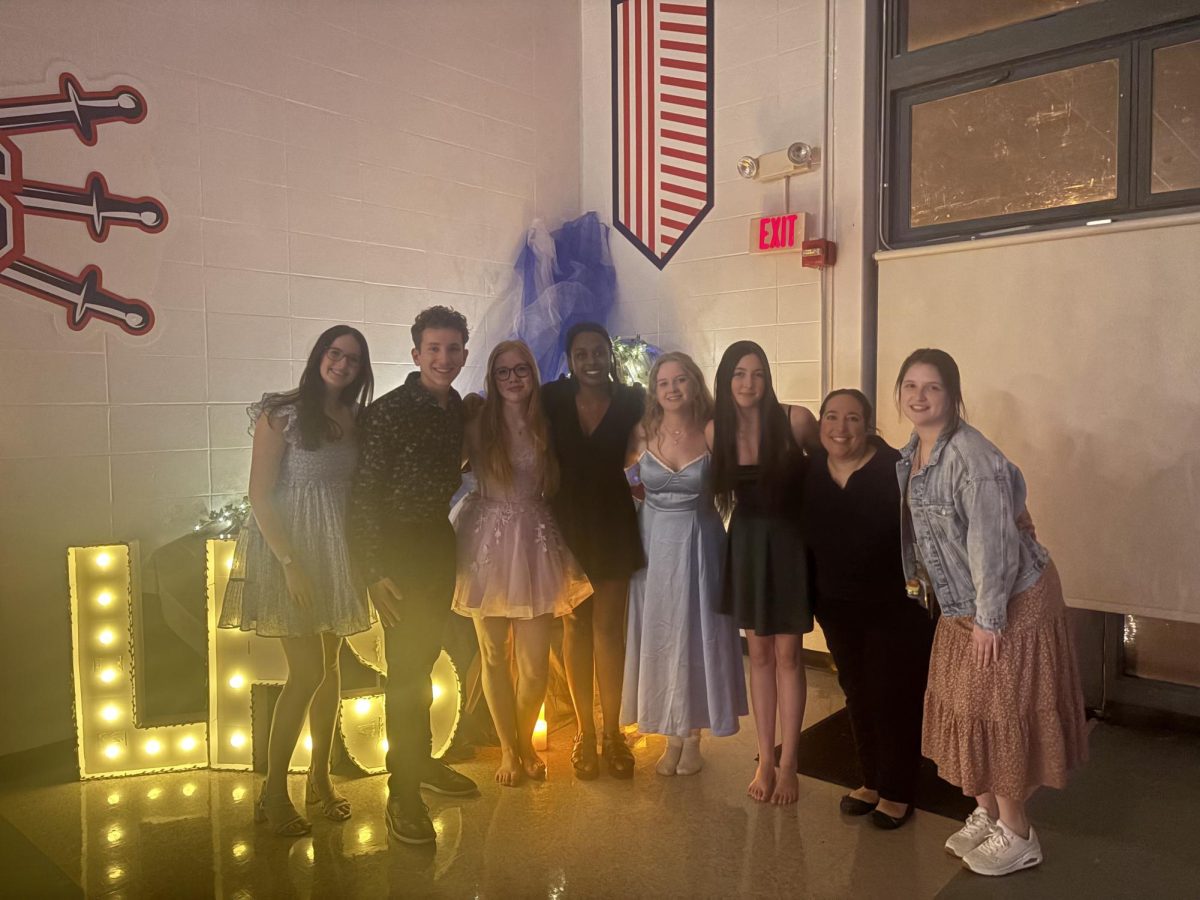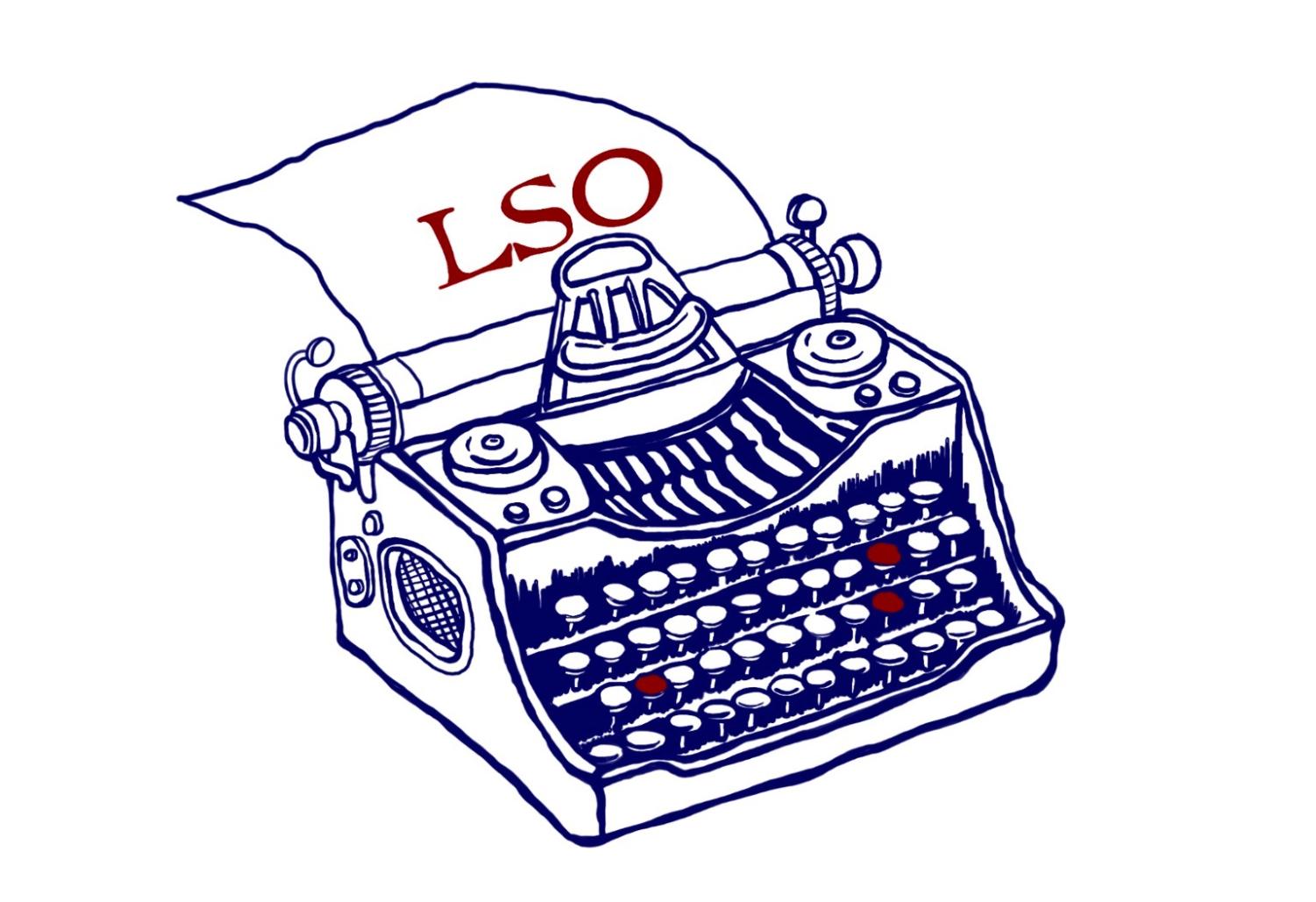Rather than a glorification or criticism of the man, director Danny Boyle (Slumdog Millionaire) and screenwriter Aaron Sorkin (The Social Network) create an incredible and honest examination of the troubled but brilliant Steve Jobs.
Delivering the most powerful performance of his career so far, as Steve Jobs, the wonderfully versatile Michael Fassbender secures his place in Hollywood. Beginning with his film debut in 300 to his first of hopefully many Oscar nomination in 12 Years a Slave, Fassbender has been on a nonstop climb to the top.
In the film’s three acts, Steve Jobs highlights the forty minutes leading up to three different product launches in Steve’s career. From his early Apple products to his deviation from the company to found NeXT, the movie examines how Jobs interacted with the people in his life during his career’s most pivotal moments. Through managing the success of the product launches and his personal life, including the struggles of being a distant father, Jobs portrays the visionary in an unflattering but truthful fashion.
Between the performances from every cast member, Sorkin’s sharp and snide script and Boyle’s directorial energy, Steve Jobs is an unforgettable experience.
Simply by the viewing of the film’s trailer, it became apparent Fassbender is in the runnings for Best Actor, but for as much as he steals the show, other actors still manage to shine through.
The biggest surprise was the dramatic performance from comedy genius Seth Rogen. While several of the actors in his comedy bratpack have received Oscar nods in the past Rogen’s turn to drama was unexpected but welcomed. In his portrayal of Apple cofounder Steve Wozniak, Rogen unravels the anger, frustration and love in Jobs’ and his complicated relationship.
Alongside Fassbender, the next most moving performance came from Kate Winslet. As Steve Jobs’ personal assistant, Winslet nails Joanna Hoffman’s Polish accent and her mixed emotions towards Steve. Her ability to portray the beacon of light in Steve’s persona could very well win her a second Oscar.
In Fassbender’s finest performance to date, he shows the true colors of Jobs. From his most inhuman moments to scenes of reflection and humility, the icon is depicted as troubled man. Fassbender’s ability to capture the man’s complexities brings him to life in a way the public could not previously witness, and his performance is mesmerizing. Whether it be a scene of Jobs releasing bitter anger or confronting his emotions towards his daughter it is near impossible to take your eyes off of the Fassbender’s portrayal.
Aaron Sorkin, one of Hollywood’s most brilliant screenwriters, crafts a screenplay of rapid fire and brutally sharp dialogue. Quickly building an excellent reputation for himself, Sorkin rose to success after the creation of Emmy winning political television series The West Wing. Since then, the writer has continued to create some of the wittiest and smartest scripts put to film in the forms of the critically praised Best Adapted Screenplay winner The Social Network and Best Adapted Screenplay nominee Moneyball. Similarly to Jesse Eisenberg’s portrayal of Mark Zuckerberg in The Social Network, Sorkin has an incomparable ability to crafted extremely arrogant yet lovable characters. The fueled banters between characters energize the audience. Each word of any Sorkin script is an immediate hook.
Sorkin’s script adds immense excitement to the movie, but for the typical American moviegoer some of the dialogue may fly over heads. In conversations of open and closed circuits or the near computer industry takeover of IBM, a person seeking a popcorn flick could be sincerely disappointed. This is not a criticism in any sense, for I rather appreciate a film that does not stray from its true form in order to appease less informed audience members. For one who payed no attention to the computer renaissance the technical dialogue in Steve Jobs could come across as confusing. The value of the movie is in no way lessened by this, but it’s scale of appeal could be. If an audience member is thrown off guard by the script, the acting and Boyle’s directorial flare will still enthuse.
After twenty one years of filmmaking, Boyle has still proved himself to be one of Hollywood’s most versatile directors. Dabbling in every genre from horror to science fiction Boyle has created many unforgettable films. Boyle’s distinguished signature of editing and soundtrack selection give his movies a wiry and fascinating energy. The editing and cinematography in Jobs paint many memorable and beautiful cinematic moments that tie together nicely with the script.
Taking place primarily in only three locations, Steve Jobs is still able to feel like a grand film with a large scale. As a character study of Jobs, the film never treads into forming opinions on him. Whether you see him as a genius or a maniac, the movie shows both sides of the man. It is a film of near miraculous performances and a fantastic job done from Sorkin and Boyle; two of Hollywood’s greats who are yet to disappoint.
9/10


